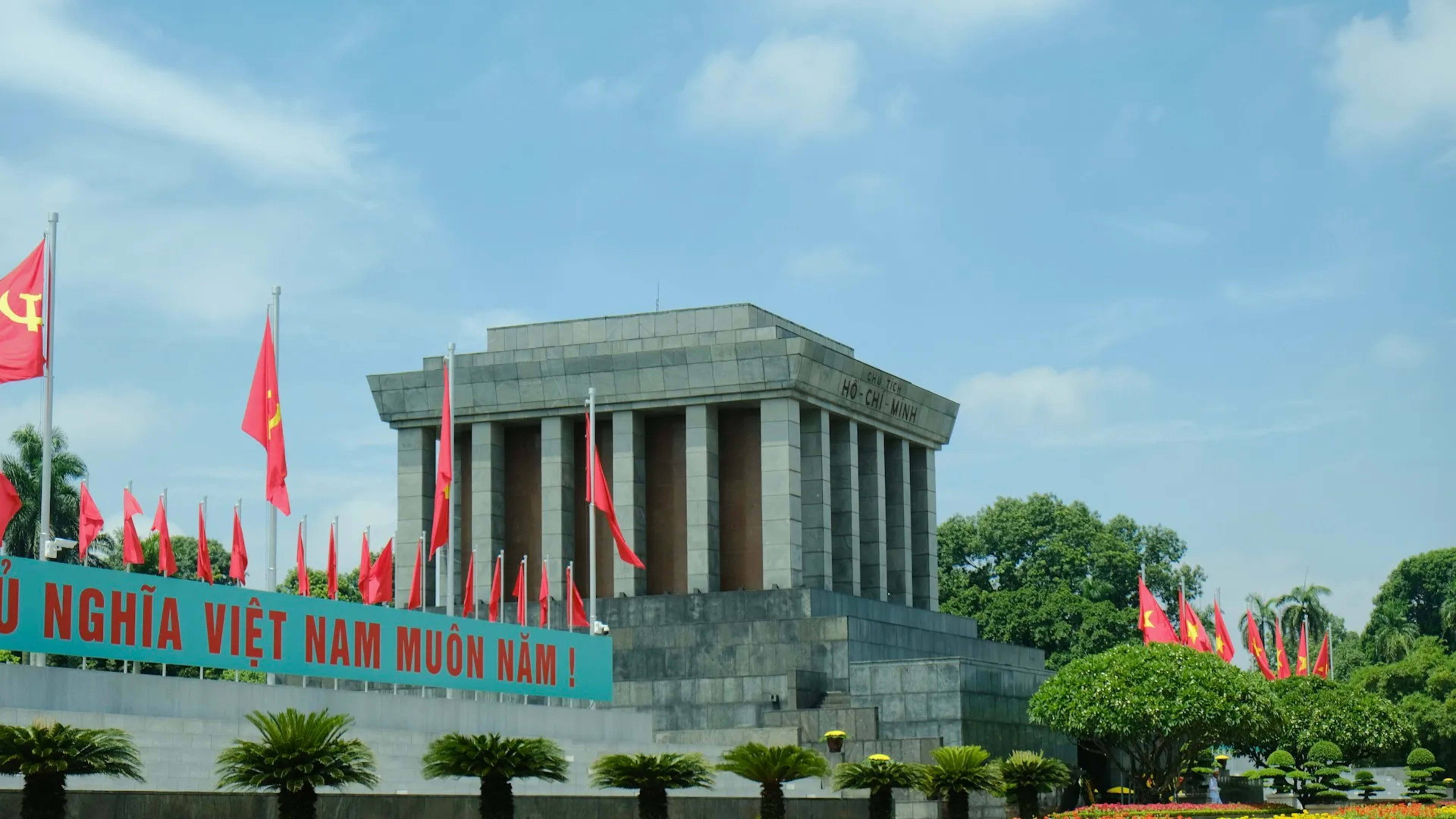Location & Transportation
Most cruise ships in the region dock at nearby ports like Da Nang or Chan May, which are closer to many attractions. Hue itself is set along the peaceful Perfume River, offering a scenic and relaxed environment. When you land, getting around is easy—taxis are plentiful, and fares typically start at around 13,000 dong for the first 2 km, then about 8,000 dong per additional kilometer. A taxi ride to visit a couple of the famous tombs usually costs around 200,000 dong (roughly US$15).
Sightseeing
Hue is bursting with history and culture. As you explore the city, be sure to visit:
- Imperial Citadel: Once the residence of Vietnam’s emperors, this walled fortress is filled with artifacts of the past.
- Forbidden City: Located within the Citadel, this area was once off-limits to the public and is gradually being restored.
- Imperial Tombs: The resting places of emperors like Minh Mạng, Khải Định, and Tự Đức are set amidst serene, landscaped grounds.
- Thiên Mụ Pagoda: The largest pagoda in Hue and an enduring symbol of the city.
- Hue Museum of Royal Fine Arts: This museum houses a collection of artifacts that highlight the imperial history of the region.
Tours & Excursions
Since Hue is quite compact, exploring on foot is one of the best ways to absorb its charm. Consider these excursions:
- Boat Tours on the Perfume River: Enjoy a leisurely cruise that offers unique views of historic sites.
- Guided Walking or Bicycle Tours: Join local tours to learn more about the impressive imperial heritage of Hue.
- Taxi Tours: For a relaxed pace, a metered taxi can quickly take you between key attractions, ensuring you don’t miss a thing.
It‘s a good idea to compare shore excursion costs between what your cruise line offers and options like Viator and GetYourGuide. They often provide lower prices and include customer reviews and ratings to help you choose the best option. They may also offer more more flexible cancellation or rescheduling policies than those available through your cruise line. However, while booking independently might give you more variety and potentially better rates, be mindful of your schedule - cruise line excursions are typically coordinated to match your ship‘s schedule with guaranteed pick-up and drop-off times.
There is also a great resource for finding local guides at Tours by Locals. Tours by Locals connects you with local guides who can help you plan a private personal tour, guide you, and get you back to your ship on time. You can also check out Rome2Rio for local transportation options. It is a great resource for finding how to get from one place to another, including public transportation, taxis, ferries, and more.
Shopping
While Hue may not boast huge malls, its markets and local shops are perfect for finding unique souvenirs:
- Dong Ba Market: A vibrant spot to pick up local handicrafts, traditional foods, textiles, and more.
- Local Antique Shops: Wander near the Citadel for charming finds and unique local crafts.
Dining
Hue is famous for its imperial cuisine and delightful street food. Some must-try dishes include:
- Bun Bo Hue: A spicy, aromatic beef noodle soup that embodies the flavors of the region.
- Nem Lui: Grilled pork skewers served with fresh herbs and rice paper.
- Vietnamese Crepes (Bánh Khoái): Crispy crepes filled with savory ingredients.
- Fresh Seafood: Enjoy local seafood dishes that highlight the freshness of ingredients from the Perfume River.
You’ll find everything from bustling street vendors to charming restaurants where you can savor the local flavors.
Nearby Lodging
Hue offers a range of accommodations, from historic boutique hotels to cozy guesthouses. Many are conveniently located along the Perfume River or just a short walk from the Citadel and other attractions. This makes it easy to step out and experience the city’s rich history and laid-back vibe.
Culture & Local Events
Hue’s local culture is a beautiful blend of history, cuisine, and modern Vietnamese life. Here’s what you should know before visiting:
- Currency & Bargaining: The dong (VND) is the national currency, although U.S. dollars are widely accepted in tourist areas. Bargaining is common in markets, so don’t hesitate to negotiate.
- Language: Vietnamese is the native language, but many people, especially in tourism, speak English.
- Opening Hours: Shops and restaurants typically open between 08:00–08:30 and close around 21:00–22:00. Opening hours can vary, so plan accordingly.
- Tết (Vietnamese New Year): This is the largest holiday in Vietnam, usually falling between late January and March. Many businesses close during this period as locals celebrate with their families.
- Local Events: Hue hosts various cultural festivals and traditional performances that reflect its imperial past. Check local listings for seasonal art exhibitions, music events, or traditional ceremonies during your visit.
Safety & Awareness
Hue is generally a safe city for travelers. As with any destination, stay aware of your belongings, especially in crowded markets or busy streets. Traffic can be hectic, so always be cautious when crossing the road.
